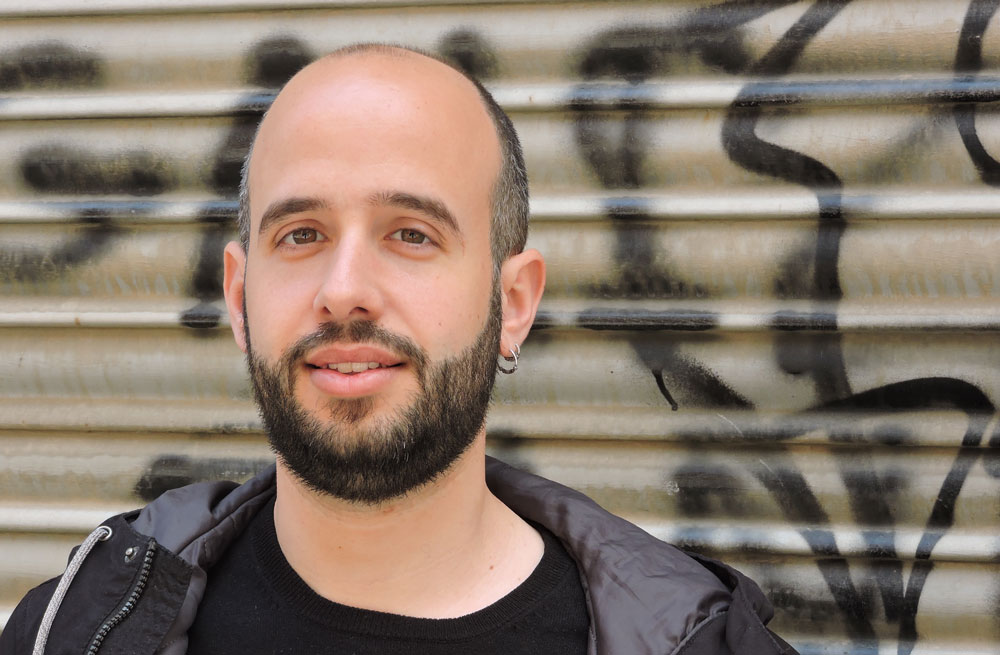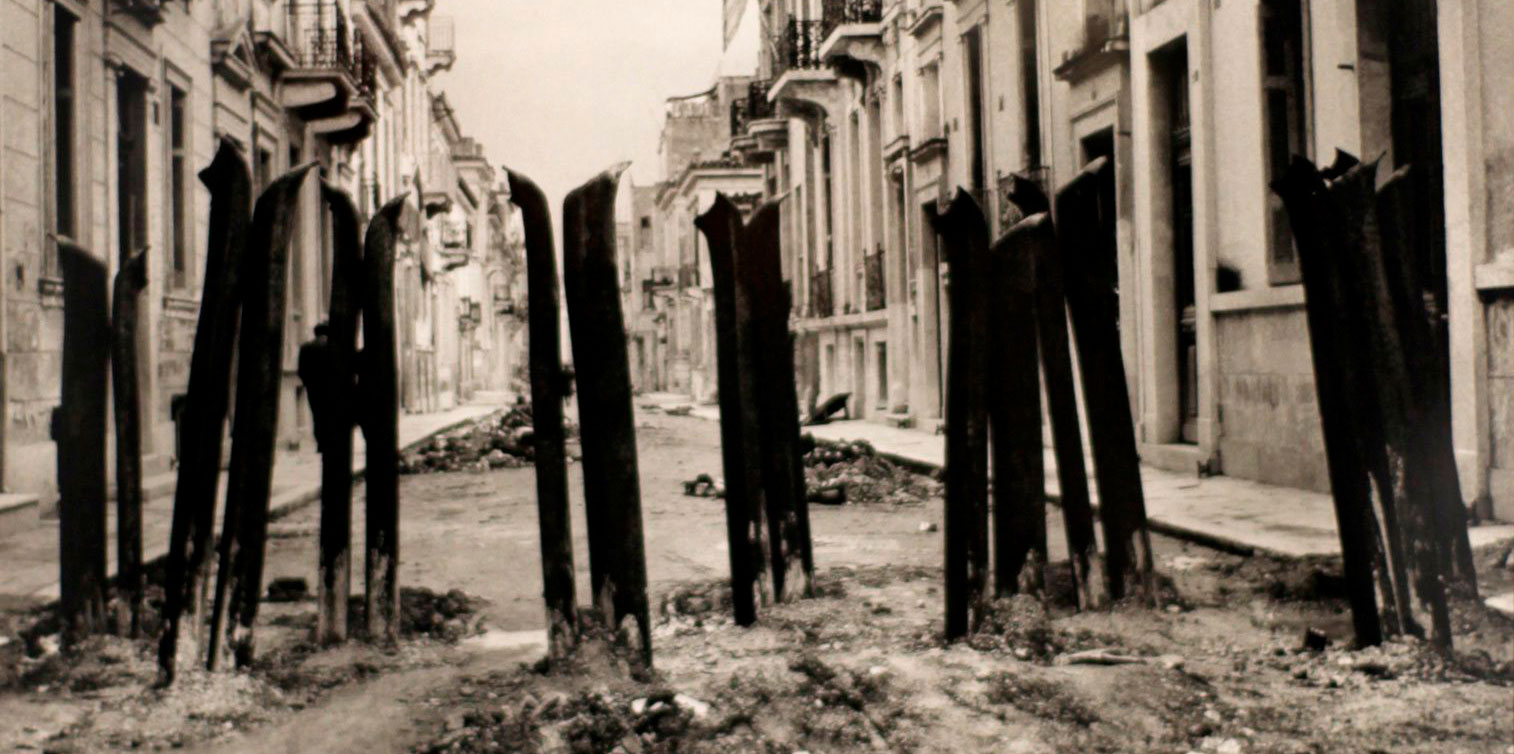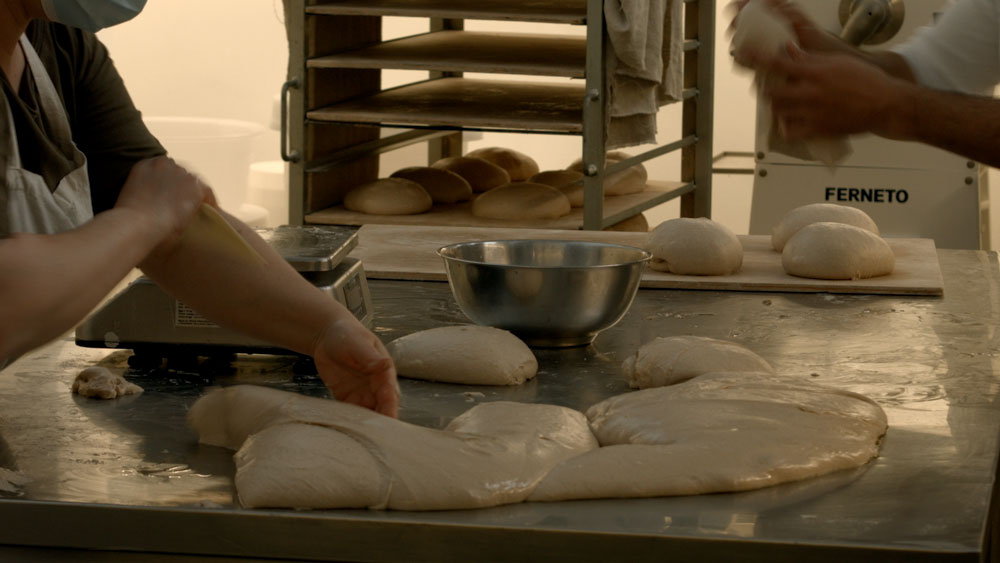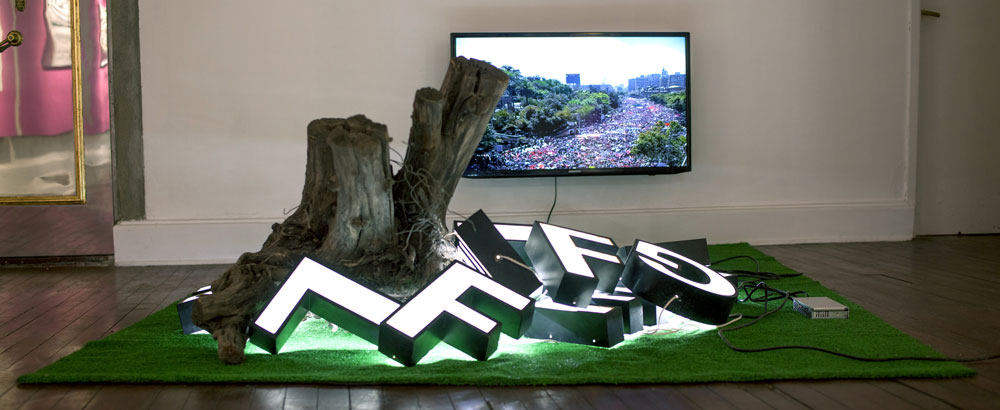Seminar: Social class. Political imaginaries and figurations
Antonio Gómez Villar
27.11.2024 – 29.11.2024
Wednesday 27, Thursday 28 and Friday 29 November, from 6:30 to 9 p.m.
LAB Auditorium
Free entry with advance booking. Registration: virreinaprogrames@bcn.cat
As a heuristic category, the “working class” had the analytical capacity of organizing the historical evidence of industrial society from the 19th to the mid-20th centuries around factories, class institutions, class culture, political parties and trade unions. Social classes became a complete social fact, a collective vision of the world, the “historical point of view”, the great narrative that drove the other demands, a specific way of reading social questions and of structuring the forms of political representation around class conflicts.
The link between the working class and social questions was a product of industrial society and the exhaustion of the Ancien Régime. The crisis of this link marks another transition: the major transformation of the factory system and the mutations of globalized capitalism. It is as obvious that the working class has not disappeared as it is that its cultural references have entered into crisis. This seminar aims to address various theoretical debates and political situations related to the structuring capacity of class, its potential to frame political representations and identities, and the experience of class today.
Session One – Has the left abandoned the working class?
In an era marked by frustrated attempts at social transformation, amid a feeling of hopelessness and cancellation of the future, a large number of discourses accuse the left of having abandoned the working class and neglected the politicization of social issues. Class struggle, economic issues and material concerns have been replaced by identity politics and struggles for recognition. There is said to be collaboration between the so-called “cultural left” and neoliberalism.
Many political standpoints believe that the emancipatory powers of the future will be unleashed after a certain lost materiality has been recovered. In opposition to this sensitive conservatism, we need to trace new imaginaries that account for the fragility of identity in our societies after the long period of wilderness left by the defeat of the working-class in the past century and to follow still undiscovered latent threads. In this first session we will focus on Karl Marx, who never offered an essentialist conception of the proletariat; on the Russian Revolution of 1917, in which the workers were not the main protagonists; and on May ‘68, which did not involve a renunciation of the class struggle but rather an expansion and deepening of it.
Session Two – The middle-class mandate: from the meritocratic promise to existential resentment
Since the mid-20th century, Western societies have been structured around the political and cultural privilege acquired by the “middle class”, understood as a threshold of integration and a utopia available to the working class. The middle class created a broadly shared ethos as a common axis of emotional identification. The middle class has acted as a historical device to achieve normativity, the ideal of an order, the foundational myth of the normative dimension of the status quo. Its ethos has been articulated around a dual dimension: as a progressive force that assumes and drives modernization, and as a conservative force that achieves the stability of an order through voluntary obedience.
What do we do with the middle class if we aspire to a profound project of social transformation? In this session we will talk about the middle class’s capacity for action and its subjective and phenomenological dimensions in order to think about how to make it transition to other places.
Session Three – Class struggle and climate crisis
There are no logical and coherent connections between the ecological crisis and the various social, economic, and political crises that we are going through: it is not a set of Meccano pieces articulated within a monstrous system with well-coupled and aligned rhythms and times that would allow us to explain everything. The opposite position, which considers the interests of the working class and the interests of the “climate class” contradict each other, is based on the same error: it presupposes the existence of two given political subjects. Given such a challenge, some have proposed responding by raising a red and green flag. It is a commonplace to propose an abstract formalism to connect “class and ecology” as a juxtaposed form. However, that connection is still to be built: none of its terms necessarily leads us to the other.
We need a broad theoretical and political hybridization. The intersection between the red and green dimensions requires us to think about what that encounter means, how to link them and structure them as a common project, a political construction of identifications, belongings and desires. The mere conjunction of terms is a false way out of a huge conflict. This is the goal of this third and final session.
Antonio Gómez Villar is a professor of Philosophy at the University of Barcelona (UB), co-director of the Barcelona Pensa Philosophy Festival and a member of the Institute of Cultural Studies and Social Change (IECCS). His main lines of research are the ways in which the conceptual field of class has been redefined in response to the transformation of subjectivities and new cultural and political relations, and the analysis of collective action repertoires from an antagonistic perspective. He is the author of books such as Los olvidados. Ficción de un proletariado reaccionario (Bellaterra, 2022) and Ernesto Laclau y Chantal Mouffe: hegemonía y populismo (Gedisa, 2021), and co-edited the books Maradona, un mito plebeyo (Ned, 2021) and Working Dead. Escenarios del postrabajo (La Virreina, 2019) with María Ruido and Marta Echaves.
.











![«Bread» [O Pão]. Lúcia Prancha, 2023 La classe social, és una identitat o una forma de polaritat social?](/lavirreina/sites/default/files/2024-02/WEB-8_Still_O-Pao-%E2%80%93-2023_Lu%CC%81cia-Prancha.jpg)